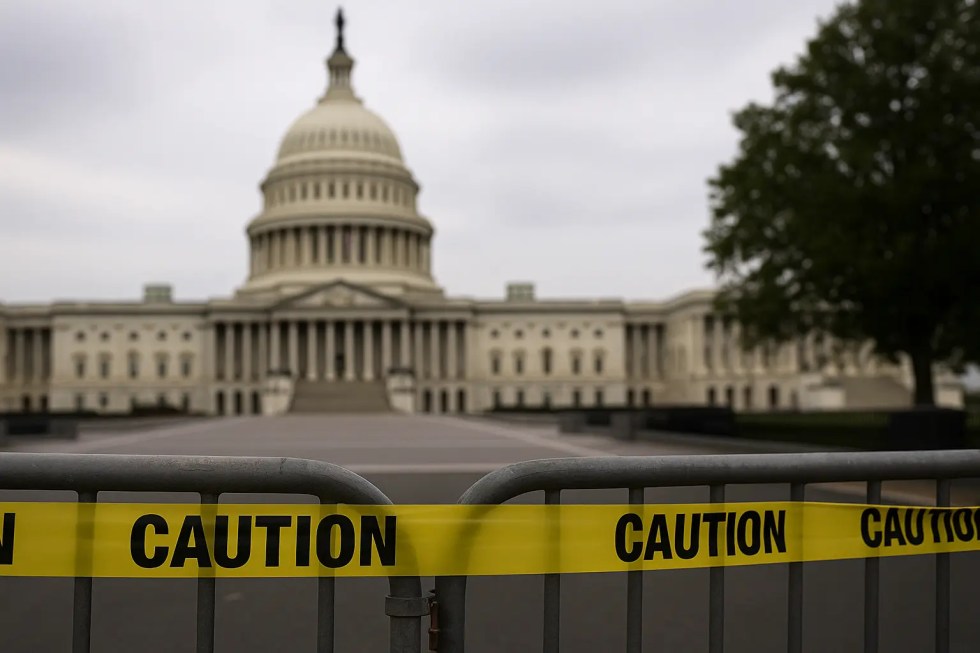A leaked draft from the US Senate Banking Committee Democrats outlines an aggressive approach to decentralized finance (DeFi), proposing that any person or firm “designing, deploying, operating or profiting from a DeFi front-end” be regulated as a broker and register with the SEC or CFTC.
The text would also extend KYC/AML obligations to DeFi interfaces, including some non-custodial wallets and UI hosts, and authorize the U.S. Treasury to maintain a “restricted list” of risky protocols and front-ends.
While the memo carves out room for “sufficiently decentralized” protocols that don’t monetize, and shields open-source developers who don’t profit from running the tech, critics argue the compliance bar is functionally impossible for most U.S.-based teams.
ETH's price trends to the upside on the daily chart. Source: ETHUSD on Tradingview
Industry Backlash And Early Market Impact
Reaction from crypto policy leaders was swift. Jake Chervinsky, chief legal officer at Variant, said that “ropes in everyone in crypto,” calling it unworkable and tantamount to a ban on U.S. DeFi front-ends.
Summer Mersinger of the Blockchain Association warned it would “effectively ban DeFi, wallet development, and other applications in the United States,” pushing responsible builders offshore.
Consequently, markets appeared to flinch as a DeFi basket gauge slipped 3–4%, with notable underperformers including HYPE and ASTR amid growing regulatory uncertainty.
Beyond prices, founders fear a chilling effect on hiring, fundraising, and product launches if front-end operators and wallet providers must run full broker-style compliance stacks.
Politics, Policy, And The Risk Of An Innovation Exodus
The Senate had been inching toward a bipartisan digital-asset market-structure compromise after the House passed its Digital Asset Market Clarity Act (294–134). But Democrats’ DeFi counter-proposal, driven in part by illicit finance and national-security concerns, may stall momentum in a chamber that needs 60 votes.
If the “restricted list” and front-end broker provisions survive, expect heavy lobbying, civil-liberties pushback, and potential court challenges. Strategists warn the U.S. could cede developer mindshare and liquidity to Europe’s MiCA regime, which already provides clearer guardrails for token issuers and service providers.
Potential Impact of Senate DeFi Restrictions
The leak raises the odds of a near-term U.S. DeFi slowdown as teams reassess legal exposure and capital waits for clarity.
For markets, the key watchpoints are (1) whether Senate staff soften front-end and wallet obligations, (2) how “sufficient decentralization” is defined in statute, and (3) whether Treasury’s blacklist power is scoped narrowly.
Without meaningful revisions, the U.S. risks swapping consumer protection for a brain drain, with innovation (and tax revenue) flowing to friendlier jurisdictions.
Cover image from ChatGPT, ETHUSD chart from Tradingview
